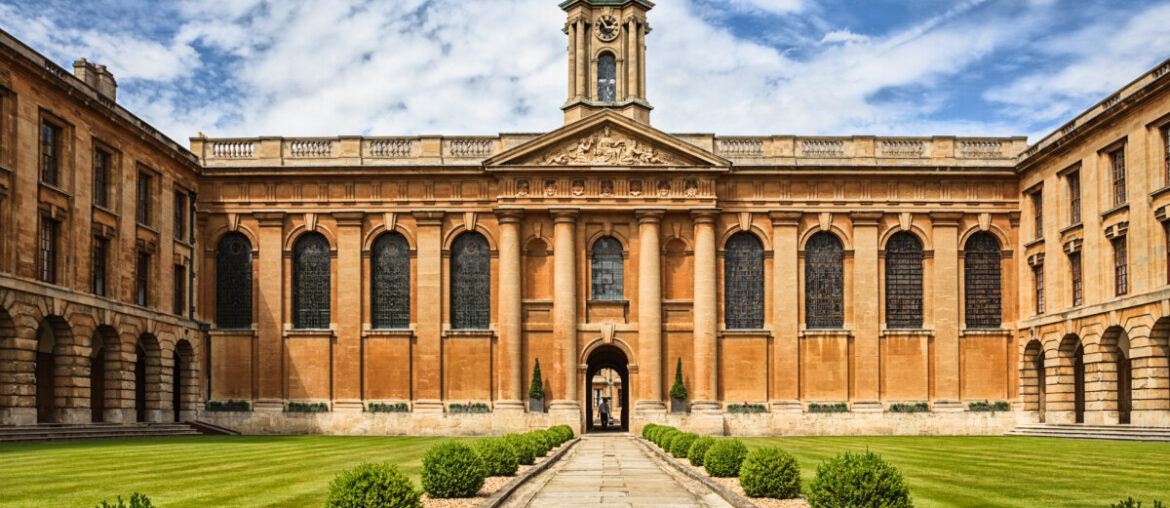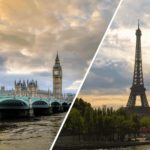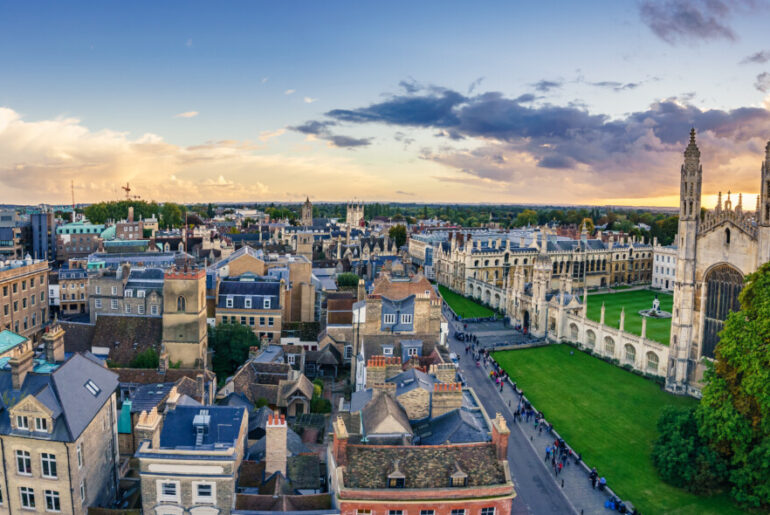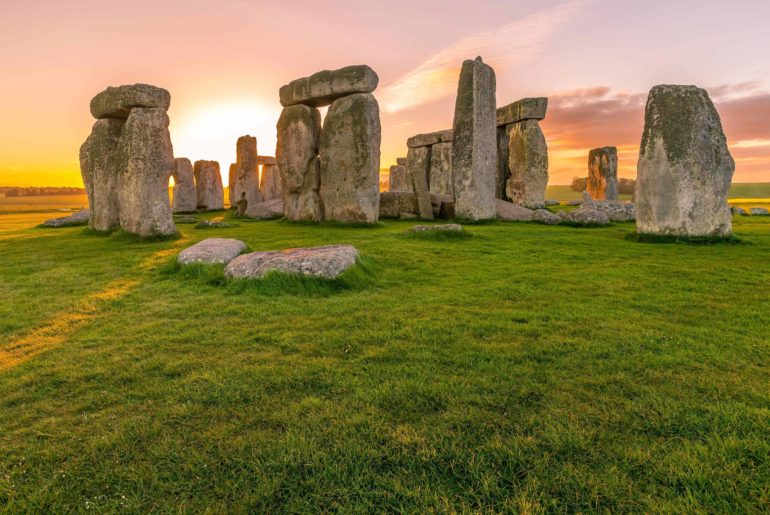When discussing the most prestigious universities in the United Kingdom, two names always come to mind: Oxford and Cambridge. Often called Oxbridge, these two pillars are renowned for their outstanding curriculum, groundbreaking research, and reputable alumni.
Despite their shared prestige, Oxford and Cambridge have been locked in a friendly yet fierce rivalry for centuries. From British academic excellence to sporting competitions, their contest have pushed both institutions to the pinnacle of global education.
If you’re considering a visit or even dreaming of attending one of these world-class universities, read on to uncover the Oxford vs Cambridge rivalry – we look at:
- The origins of the rivalry
- The alumni
- The Boat Race
- Which is “better”
The origins
Oxford is the oldest university in the English-speaking world, with teaching recorded as early as 1096. It officially gained recognition as a universitas in 1231. Cambridge, on the other hand, was founded later, in 1209, by a group of scholars who fled Oxford due to conflicts with locals.
This marked the beginning of a respectful rivalry that continues to this day. For over 800 years, the two universities have set the standard for education, research, and intellectual achievement.
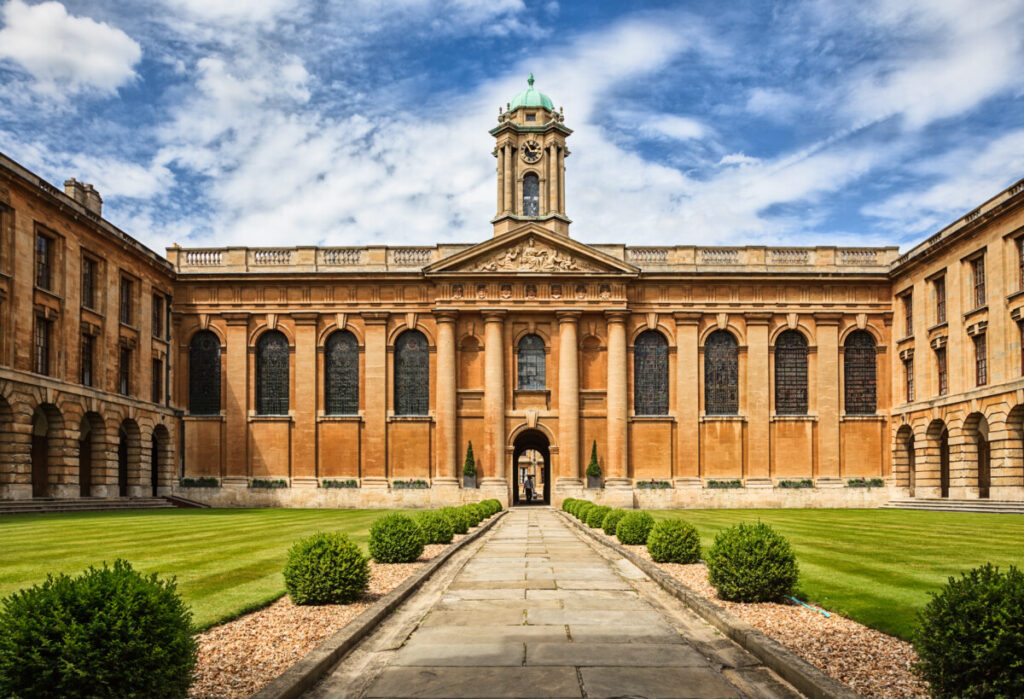
Oxford vs Cambridge: Which has the most impressive alumni?
Both universities boast an incredible list of alumni, many of whom have changed the world. Let’s take a look at some of their most notable graduates:
Oxford University
- Sir Tim Berners-Lee – Inventor of the World Wide Web
- J.R.R. Tolkien – Author of The Lord of the Rings
- C.S. Lewis – Author of The Chronicles of Narnia
- Oscar Wilde – Celebrated playwright and poet
- Bill Clinton – 42nd President of the United States
- Tony Blair – Former UK Prime Minister
- Emma Watson – Actress and UN Women Goodwill Ambassador
Cambridge University
- Sir Isaac Newton – Pioneering physicist and mathematician
- Charles Darwin – Father of evolutionary biology
- Alan Turing – Computing pioneer and codebreaker
- Stephen Hawking – Theoretical physicist and cosmologist
- Bertrand Russell – Philosopher and Nobel Laureate
- John Cleese – Comedian and actor (Monty Python)
- Prince Charles – King Charles III
Which university has the more impressive alumni? That’s for you to decide!
The famous Boat Race
The Boat Race is one of the most iconic aspects of the Oxford-Cambridge rivalry. Held annually on the River Thames in London, this rowing event sees the two universities compete in a gruelling 4.2-mile (6.8 km) race.
Cambridge leads the men’s race with 85 victories to Oxford’s 81. However, Oxford has had a strong presence in the Women’s Boat Race, narrowing the gap in recent years.
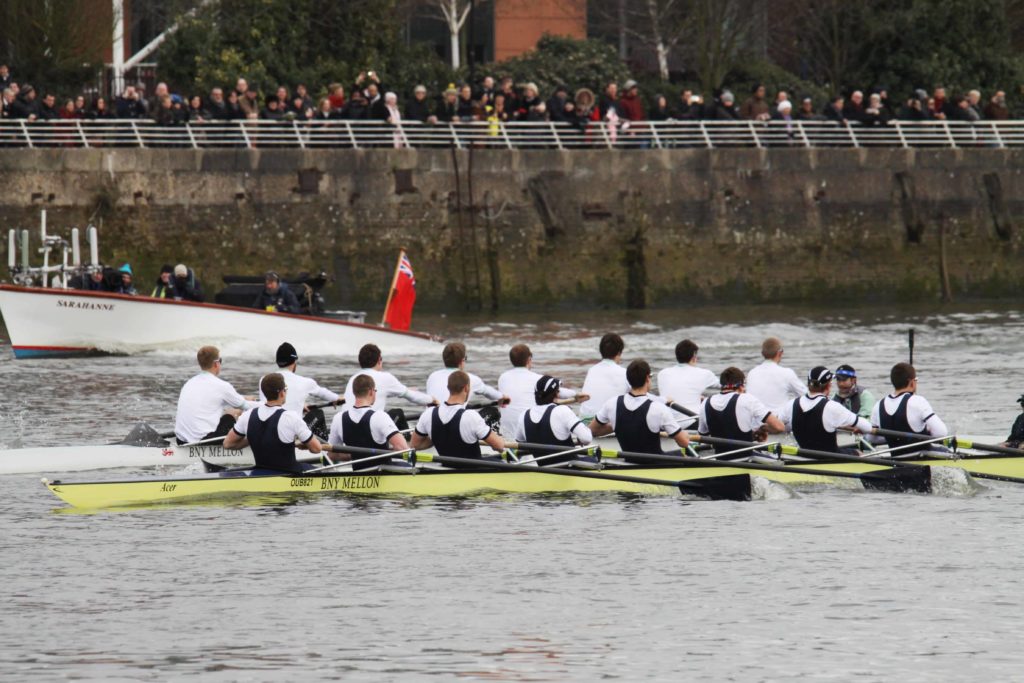
Oxford vs Cambridge: Which is better?
Both universities consistently rank among the top 5 universities globally and typically claim the top two spots in UK university league tables. While their exact rankings fluctuate, one thing remains constant: Oxford and Cambridge remain unrivalled in their prestige and influence.
Whether you’re drawn to Oxford’s architecture and literature or Cambridge’s scientific breakthroughs and Nobel Laureates, visiting either university offers an unforgettable experience.
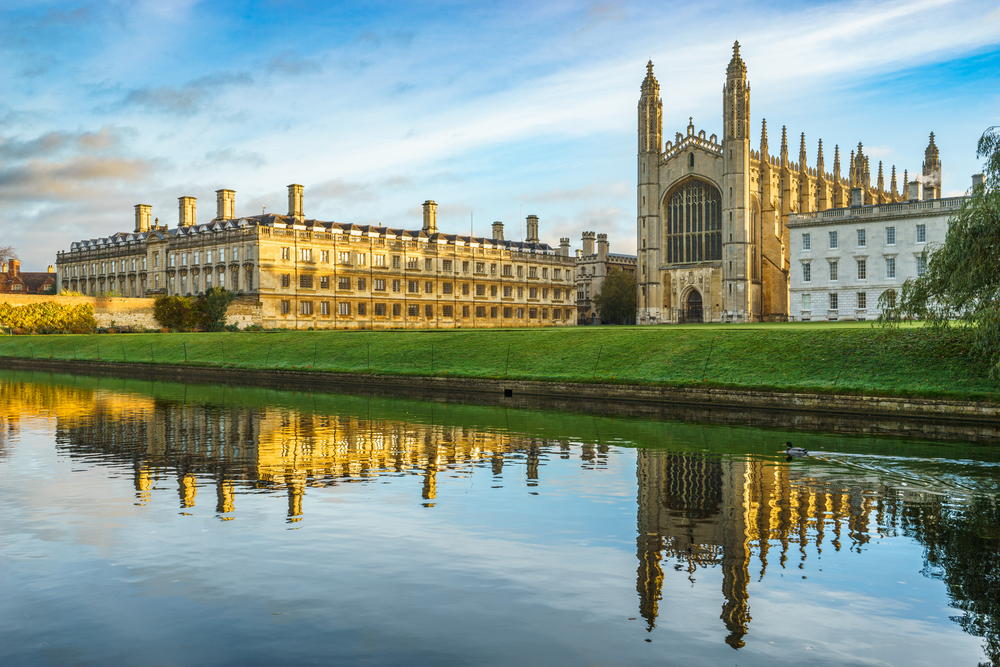
Want to walk in the footsteps of world-changing thinkers? Join one of our guided day tours from London to explore the stunning campuses, historic colleges, and charming streets of Oxford and Cambridge.

